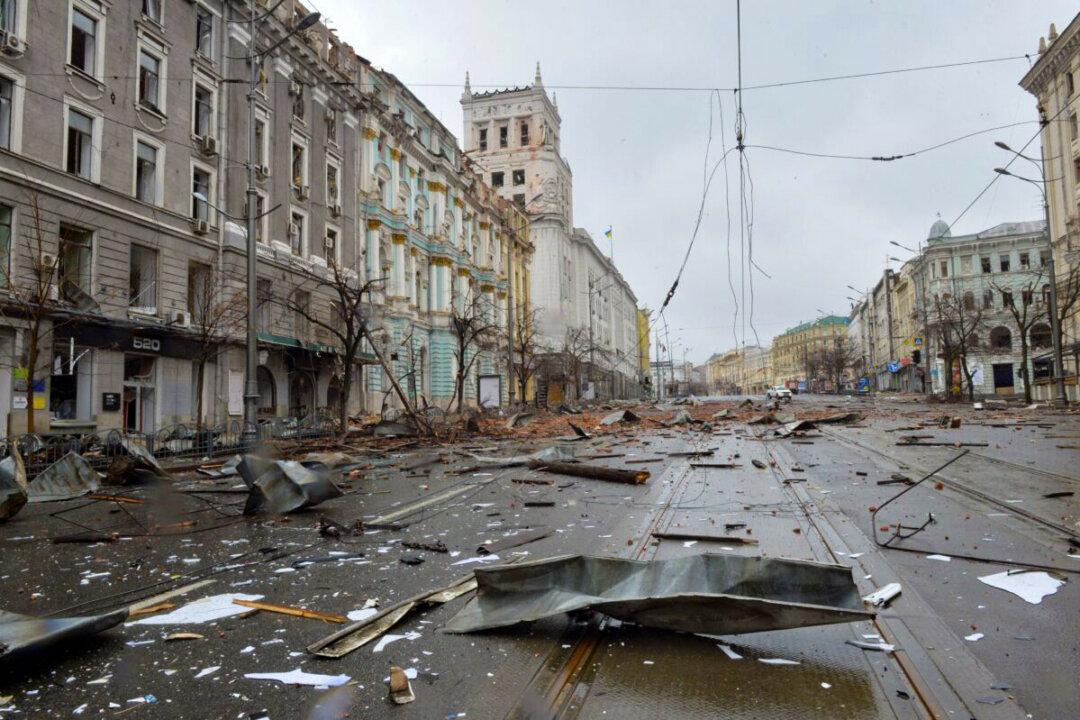The Ukrainian government is considering potentially transferring its sensitive data and servers outside the country if Russia’s military further advances in the country, an official said Wednesday.
Speaking with the Reuters news agency, Victor Zhora, the deputy chief of Ukraine’s State Service of Special Communications and Information Protection, said Ukraine has a contingency plan to move its critical information out of Ukraine if Russia’s army moves any closer. He did not elaborate on what sorts of critical information would be moved, or when.





